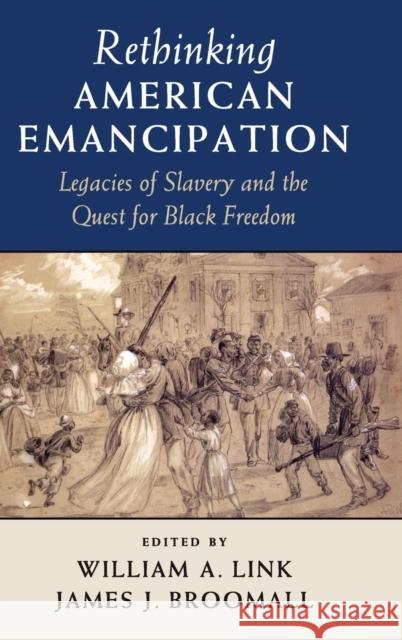Rethinking American Emancipation: Legacies of Slavery and the Quest for Black Freedom » książka
topmenu
Rethinking American Emancipation: Legacies of Slavery and the Quest for Black Freedom
ISBN-13: 9781107073036 / Angielski / Twarda / 2015 / 292 str.
Rethinking American Emancipation: Legacies of Slavery and the Quest for Black Freedom
ISBN-13: 9781107073036 / Angielski / Twarda / 2015 / 292 str.
cena 382,90
(netto: 364,67 VAT: 5%)
Najniższa cena z 30 dni: 377,75
(netto: 364,67 VAT: 5%)
Najniższa cena z 30 dni: 377,75
Termin realizacji zamówienia:
ok. 22 dni roboczych
Bez gwarancji dostawy przed świętami
ok. 22 dni roboczych
Bez gwarancji dostawy przed świętami
Darmowa dostawa!
This volume unpacks the long history and varied meanings of the emancipation of American slaves.











